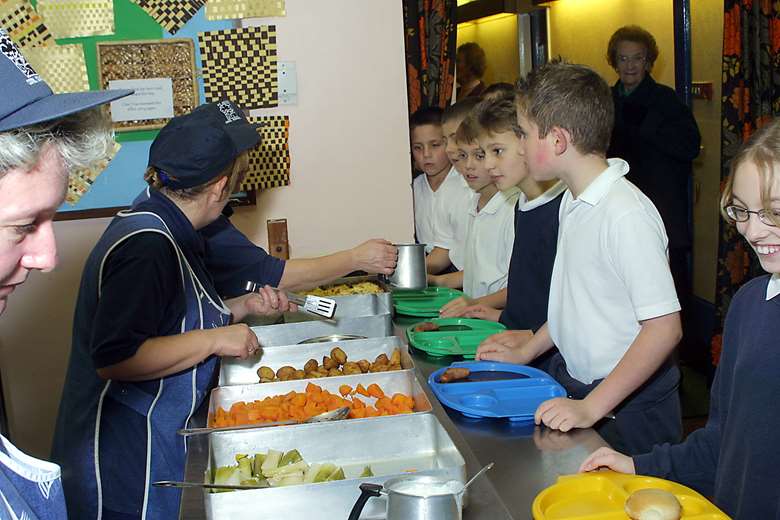Concern over 'missing' millions in free school meal funding
Nina Jacobs
Friday, June 28, 2019
Tens of millions of pounds of free school meal funding allocated to some of the poorest children goes missing every year, latest research suggests.

An investigation by academics at Northumbria University found that as much as £88m could have "disappeared" in a single year, sparking calls for the government to conduct a National Audit Office inquiry into the free school meals budget.
The allegation was published in a working paper written by Professor Greta Defeyter and Professor Paul Stretesky which analysed data for primary and secondary pupils in England who were eligible for and claiming free school meals.
The findings - which have so far been unable to identify a conclusive answer for where the money allocated to free school meals has ended up - were presented by independent MP for Birkenhead Frank Field as part of a debate on the Children's Future Food Inquiry.
The Hungry for Change study found that almost 20 per cent of means-tested and eligible free school meals pupils had not taken the meal available to them due to being absent from school.
Despite this, it says government-allocated funds were still recorded as being used to pay for the meals that were not taken.
While primary school pupils up to the age of seven are entitled to universal free school meals, the eligibility for older pupils is means-tested.
Drawing on official data from 152 councils in England, the study estimates that areas in Yorkshire, the North East, North West, South West and East of England could have 'lost' more than £1m during the 2016/2017 academic year.
"This paper demonstrates that the issue of claimed but not taken free school meals in primary, secondary and special schools is widespread across England," the paper states.
"The estimate of £88.3m is likely to be a conservative estimate as it only captures data on pupils who were absent from school on the census date and does not include pupils who either skipped lunch or those who did not spend their full daily entitlement."
Furthermore, the data analysed is based on pupils in receipt of means-tested free school meals and does not look at meals taken under the universal infant free school meal programme, it adds.
Many secondary schools use smart cards credited with money to pay for daily meals for pupils eligible for free school meals. However, the study found these cards are wiped of any credit at the end of each day regardless if a pupil is absent from school, misses lunch or does not use the full monetary entitlement.
"In contrast, where parents pay for their child's meals, any unspent credit remaining on their card at the end of the day rolls over and accumulates," explained Defeyter.
She said the sources used to capture data for the study were not able to provide detailed information about free school meal finances.
The Department for Education allocates around £440 per year per pupil eligible for free school meals through the national funding formula.
For 2018/19, information from the DfE showed that councils collectively allocated £505m for means-tested free school meals.
"We were unable to calculate what proportion of the £88.3m remains at the local authority, with private school catering companies, with the school or is returned to the Department for Education," she said.
The authors said the process of wiping smart cards for some pupils and not others was a "two-tier system of treatment".
"We potentially have a situation where the most disadvantaged in our society are subsidising the meals of those who are better off," said Defeyter.
Field, who raised the issues in the working paper with ministers, said a new audit was needed by the government into the sums of money that were unaccounted each year.
"Once it has been found out where the money goes, we then need ministers to require all unspent money to be recycled directly towards the feeding or schooling of those children who are losing out," he said.




